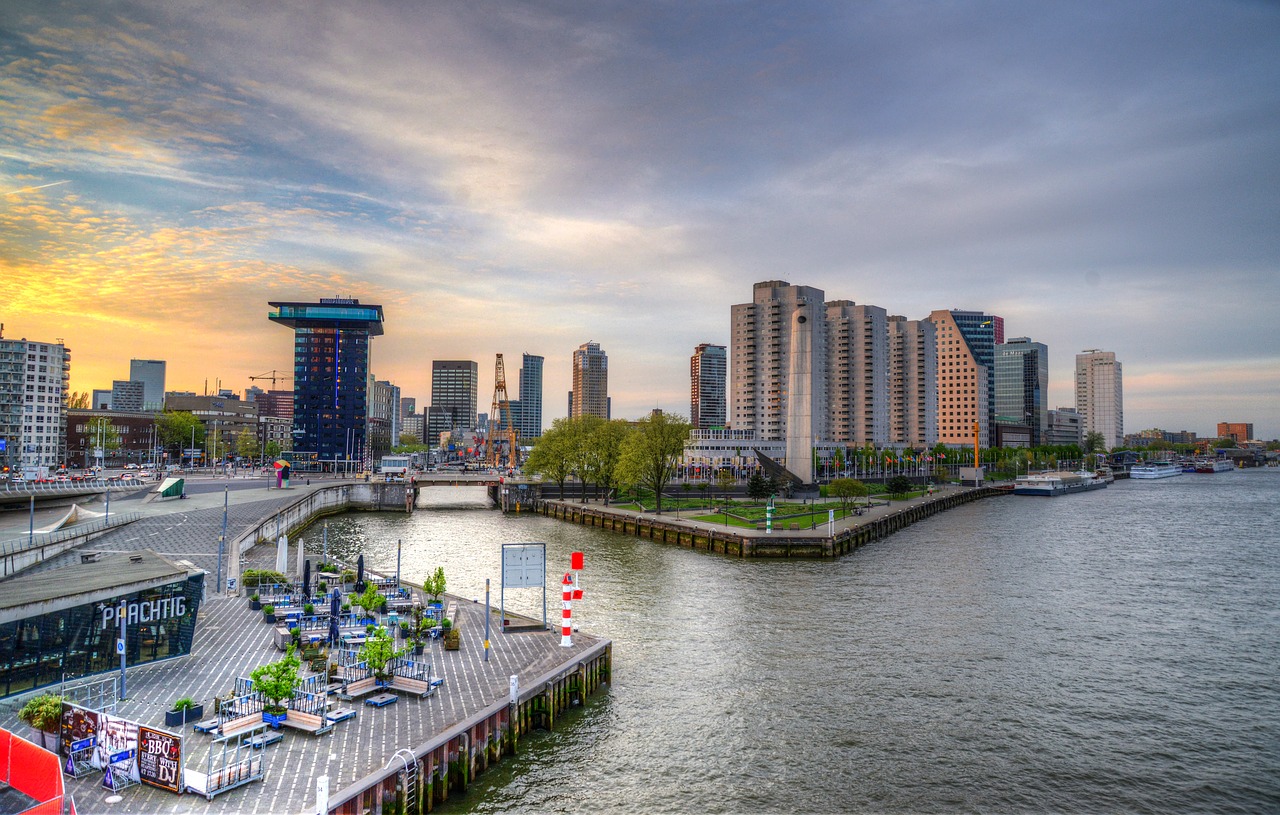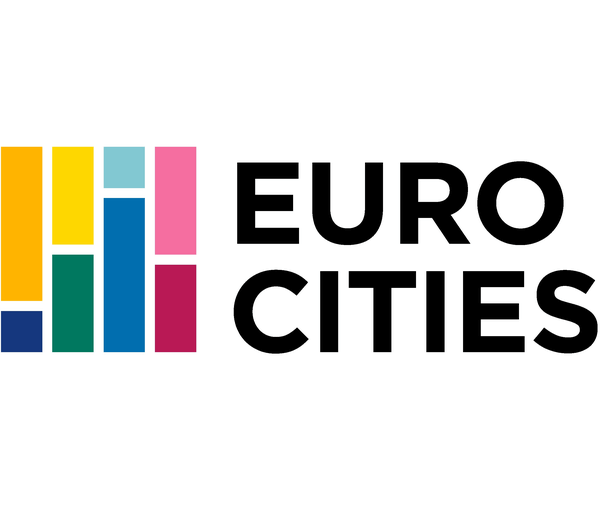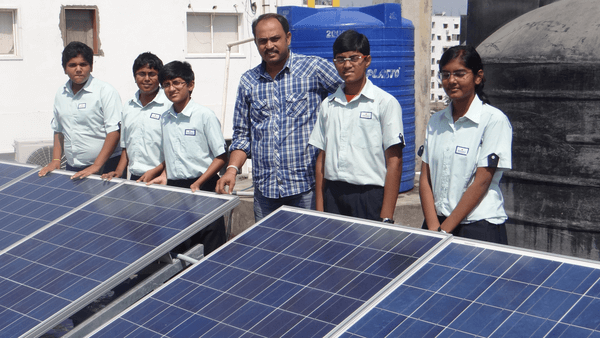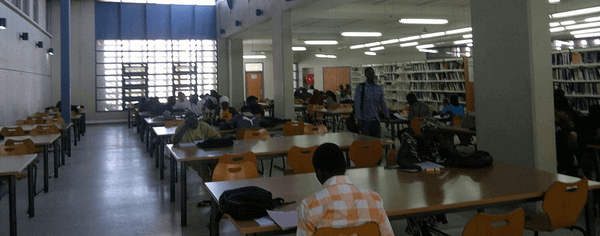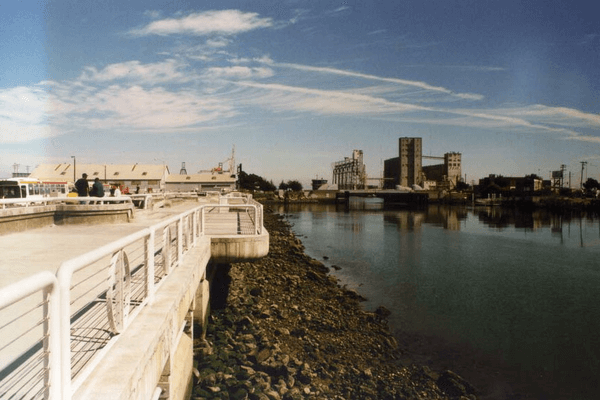City
Rotterdam, Netherlands
Size and population development
As of 2023, the city of Rotterdam had an estimated population of approximately 655,000, making it the second-largest city in the Netherlands after Amsterdam. The greater Rotterdam-The Hague metropolitan area has a population of about 2.4 million. Rotterdam has experienced steady population growth in recent years, with an average annual growth rate of about 0.6% between 2013 and 2023. This growth is primarily attributed to international migration and natural increase.
Population composition
Rotterdam is known for its diverse and multicultural population. It's one of the most ethnically diverse cities in the Netherlands, with a significant portion of its residents having a migration background. As of 2023, the population composition was approximately 50% Dutch background, 10% other Western background, and 40% non-Western background. The non-Western background includes significant communities of Surinamese, Turkish, Moroccan, and Cape Verdean descent. The age distribution is approximately 16% for 0-14 years, 65% for 15-64 years, and 19% for 65 years and over. The median age in Rotterdam is around 38 years.
Main functions
Rotterdam serves as a major international port, being home to Europe's largest seaport. It functions as an economic hub, serving as a centre for trade, logistics, and industry. The city is an educational centre hosting several universities and research institutions. Rotterdam is a cultural destination, known for its modern architecture and cultural institutions. It acts as a transportation node with important rail, road, and air connections.
Main industries / business
Rotterdam's economy is diverse, with several key sectors. The maritime and logistics sector is centred around the Port of Rotterdam. Energy and petrochemicals are major industries, with significant refineries and energy companies. The agri-food sector includes a large agricultural trade and food processing industry. Healthcare and medical technology are prominent, with the city being home to Erasmus Medical Centre. Creative and digital industries form a growing sector with numerous startups. Finance and business services make Rotterdam a regional hub for financial services. Tourism is of increasing importance, particularly for business tourism.
Sources for city budget
The city budget of Rotterdam comes from various sources. These include municipal taxes such as property tax and waste collection fees. Allocations from the national government contribute to the budget. Income is derived from municipal properties and services. Parking fees and fines are another source of revenue. The city receives dividends from shares in port-related companies. European Union funds are obtained for specific projects.
Political structure
Rotterdam operates under a mayor-council system, typical of Dutch municipalities. The Mayor is appointed by the Crown and chairs both the College of Mayor and Aldermen and the City Council. The College of Mayor and Aldermen serves as the executive body of the city. The City Council is an elected body responsible for major decisions and oversight.
Rotterdam is also part of the Rotterdam-The Hague Metropolitan Area, a cooperative arrangement between 23 municipalities in the region.
Administrative structure
Rotterdam is divided into 14 boroughs, each with its own administrative committee. The city administration is organized into several departments responsible for various aspects of urban management, including urban development, public works, social affairs, and sports and culture.
Website
https://www.rotterdam.nl/
